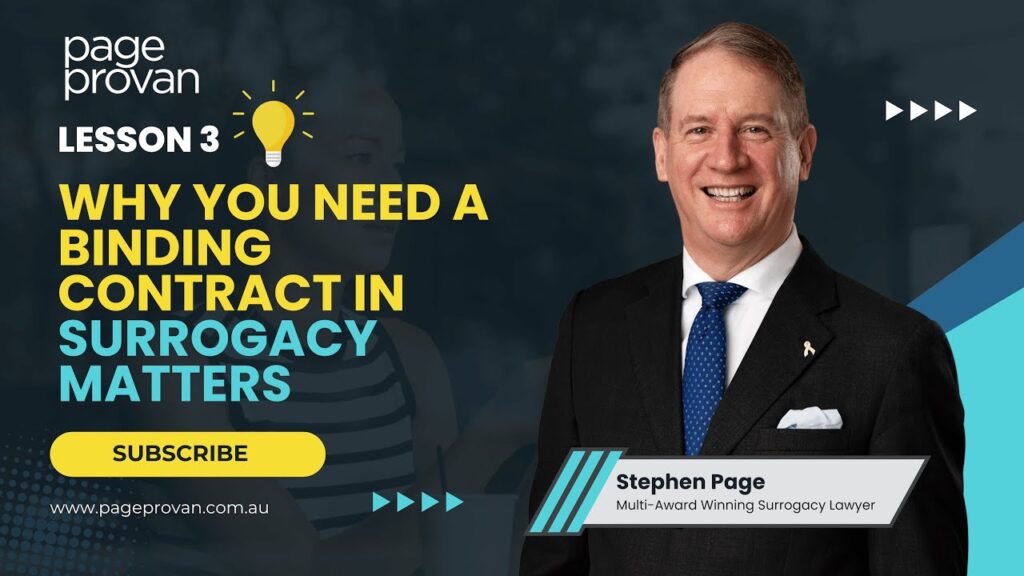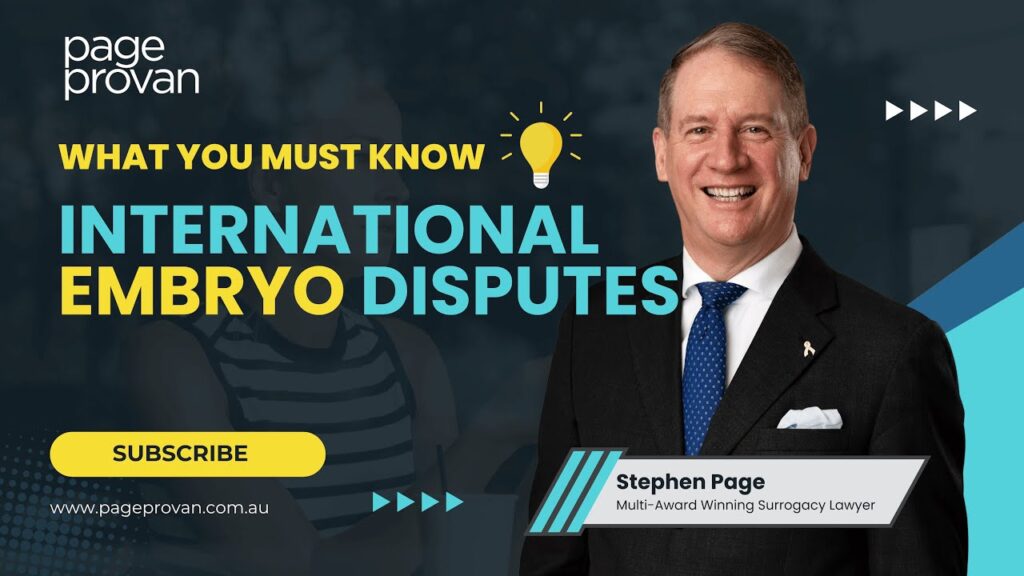FMC rules amended
The Federal Magistrates Court Rules have been amended. The most significant amendments allow for electronic filing and removal of the 2 day rule for trials.
The Court has announced about e-filing:
Whilst the amendments put in place rules to facilitate e-filing and
e-lodgement of documents in the Federal Magistrates Court, it will not be
immediately possible to file Federal Magistrates Court documents (other than
supplementary documents in family law proceedings filed by legal practitioners
via the Commonwealth Courts Portal) via the Commonwealth Courts Portal or the
Federal Court’s e-filing system. The rule amendments have been made in
anticipation of comprehensive e-filing/e-lodgement systems. In the meantime
interim notices will be issued to notify practitioners and litigants of the
current electronic filing practices being adopted. The first of these notices,
Filing of documents by electronic communications(link tohttp://www.fmc.gov.au/practice/html/efiling2.html)
There has also been a form change. Here is the announcement:
Included amongst the amendments is an amendment to the rules in relation to
withdrawal of lawyer (Subrules 9.03(1) and 9.03(3)). Currently the rules
specify the requirements for written Notices of Withdrawal and Notices of
Intention to Withdraw but do not require such notices be in accordance with an
approved form. The amendments require the use of approved forms, namely Notice
of intention of Withdrawal as Lawyer and Notice of Withdrawal as Lawyer, in
circumstances where a lawyer is ceasing to act. These forms can be downloaded
from the Court’s website at http://www.fmc.gov.au/forms. Use of
the new forms will be required from 1 December 2008.
Any such Notices filed on or after this date must be in accordance with the
approved forms.
The changes can be found here [PDF].
Here is the explanatory statement:
EXPLANATORY STATEMENT
Select Legislative Instrument 2008 No. 215
FEDERAL MAGISTRATES COURT AMENDMENT RULES 2008 (No. 2)
Issued by the authority of the Federal Magistrates of the Federal Magistrates Court of
Australia
Section 81 of the Federal Magistrates Act 1999 permits the Federal Magistrates or a
majority of them, to make rules of Court not inconsistent with the Act. These rules may
provide for the practice and procedure to be followed in the Court and may extend to all
matters incidental to any such practice or procedure that are necessary or convenient to be
prescribed for the conduct of any business of the Court.
Pursuant to sub-section 81(3) of the Federal Magistrates Act 1999, the Legislative
Instruments Act 2003 (other than sections 5, 6, 7, 10, 11 and 16 of that Act) applies in
relation to rules of court made by the Court under the Federal Magistrates Act 1999 or
another Act:
(a) as if a reference to a legislative instrument were a reference to a rule of court; and
(b) as if a reference to a rule-maker were a reference to the Chief Federal Magistrate
acting on behalf of the Federal Magistrates of the Court; and
(c) subject to such further modifications or adaptations as are provided for in
regulations made under section 120 Federal Magistrates Act 1999.
The Federal Magistrates have agreed to adopt the Federal Magistrates Court Amendment
Rules 2008 No 2 (‘the Amendment Rules’).
The Amendment Rules include a number of miscellaneous amendments to the Federal
Magistrates Court Rules 2001 (‘the Rules’), the most significant of which include:
• amendments to remove the so-called ‘ 2 day rule’ from the list of factors the Court
may consider in deciding whether to transfer a family law matter to the Family
Court;
• amendments to include rules which will facilitate e-filing/e-lodgement;
• amendments to the rules in relation to Discontinuance to include summary judgment
rules similar to those which are prescribed in the Federal Court under Order 35A Federal
Court Rules
The amendments have been the subject of consultation with the Federal Court, the Family Court,
and, in relation to items 20, 21, and 22, the Commissioner responsible for Disability
Discrimination.
Details of the changes to the Rules are in the Attachment.
The Rules commence on the day after they are registered.
ATTACHMENT
Federal Magistrates Court Amendment Rules 2008 (No. 2)
RULE 1 Name of rules
This rule provides that the Rules are to be cited as the Federal Magistrates Court Amendment
Rules 2008 (No. 2).
RULE 2 Commencement
This rule provides that these Rules commence on the day after they are registered.
RULE 3 Amendment of Federal Magistrates Court Rules 2001
This rule provides that the Federal Magistrates Court Rules 2001 are amended as set out in
Schedule 1.
SCHEDULE 1
[1] Paragraph 2.01(1)(e)
The amendment substitutes the current requirement for documents to have a space of not less than
3 mm between the lines of writing with the requirement that a document must be written in
English.
[2] After subrule 2.01(1)
The amendment inserts a new subrule 2.01(1A) to provide that unless the Court otherwise orders,
strict compliance with the requirements in subrule 2.01(1) is not required in certain
circumstances.
[3] Rule 2.03
The amendment is a minor drafting amendment consequent upon new subrule 2.03(2) as set out
in item [4]
[4] Rule 2.03
The amendment inserts a new subrule 2.03(2) to make provision for the attaching of a signature
to a document (other than an affidavit) by electronic means
[5] Paragraph 2.05(1)(c)
The amendment is consequent upon the inclusion of new rules in relation to electronic
communication, which term is included in the dictionary by way of item [24]
[6] Paragraph 2.05(1), note
The amendment to the note reflects a recent amendment to the Federal Magistrates Regulations
2000 which makes provision for payment of a fee on invoice.
[7] After subrule 2.05(1)
The amendment inserts a new subrule 2.05(1A) to prohibit a document (including an attachment)
which is over 100 pages long from being filed by electronic communication
[8] Subrule 2.05(2)
The amendment is consequent upon new Division 2.4 as set out in item [12]
[9] After subrule 2.05(2), including the note
The amendment includes a new subrule 2.05(3) which outlines when a document sent by fax or
electronic communications, if accepted, is taken to have been filed.
[10] Rule 2.07
The amendments substitute new rules for filing by fax and electronic communication in place of
Rule 2.07. The new Rule 2.07 removes the reference to filing by email. New subrule 2.07A puts
in place new rules for filing by electronic communication via the new Commonwealth Courts
Portal or the Federal Magistrates Court’s home page. New Rule 2.07B sets out other requirements
for filing by electronic communication.
[11] Rule 2.08
The amendment substitutes new rules in relation to searching records. Prior to this amendment
Rule 2.08 applied to all proceedings and was similar to the access rule prescribed by the Family
Law Rules 2004. The new Rule 2.08 adopts the access rule of the Federal Court (Order 46 rule 6)
for proceedings other than family law and child support proceedings. Whilst it would be ideal to
have one consistent access rule across all proceedings, it is not possible given the different public
policy and privacy considerations that apply to family law proceedings. Accordingly, the
amended rule prescribes an access rule for family law and child support proceedings which
mirrors the access rule prescribed in the Family Law Rules 2004 while prescribing the access rule
of the Federal Court (Order 46 rule 6) for proceedings other than family law and child support.
[12] After Division 2.3
The amendment introduces a new Division 2.4 relating to the seal and stamp of the Court.
[13] Paragraph 6.01(3)(c)
The amendment makes provision for an address for service to include an email address.
[14] Paragraphs 8.02 (4)(e) and (f)
The amendment removes the so-called ‘ 2 day rule’ from the list of factors the Court may consider in deciding whether to transfer a family law or child support matter to the Family Court. It is considered that the range of family law work being undertaken by the Court is appropriate and it is no longer useful to seek to apply a two day rule. The removal of the two day rule also reflects the inadequacy of measuring the complexity of a matter by reference to estimated hearing length.
[15] Subrule 9.03(1)
The amendment makes provision for an approved form of notice of withdrawal as lawyer.
[16] Subrule 9.03(3)
The amendment requires that a notice of intention to withdraw as lawyer must be in accordance
with the approved form.
[17] Division 13.1, heading
The amendment to the heading is as a consequence of new Division 13.1A in item [18]
[18] Rules 13.03, 13.03A, 13.03B and 13.03C
The amendment includes a new Division 13.1A – Order or judgment on default. The new
Division includes summary judgment rules similar to those prescribed in Order 35A Federal
Court Rules to enable an applicant in certain circumstances in which the respondent has defaulted
to seek relief without the need for supporting affidavit evidence.
[19] Subrule 13.11(2)
The amendment to Subrule 13.11(2) widens the classes of persons able to make applications for
an order under Subrule 13.11(1) to include persons against whom a vexatious proceeding has
been instituted or conducted, and persons who have sufficient interest. The amendment also
removes the reference to the Solicitor-general. This amendment mirrors recent amendments made
to Order 21 subrule 1(2) of the Federal Court Rules (see Federal Court Amendment Rules 2008
(No 1)).
[20] – [22] Rule 15.27, heading; Subrule 15.27(1); After subrule 15.27(1)
These items amend the rules relating to affidavit requirements for illiterate or vision impaired
persons to reflect changes in terminology and take account of advances in technology.
[23] Rule 20.00A
The amendments increase the list of powers which may be delegated to Registrars. Note that Rule
20.00A(2) still provides that a power delegated may be exercised only by a Registrar who is
approved, or is in a class of Registrars who are approved by the Chief Federal Magistrate for the
exercise of the power.
[24] Dictionary, after definition of discovery
The amendment inserts a new definition of electronic communication.
(emphasis added)












